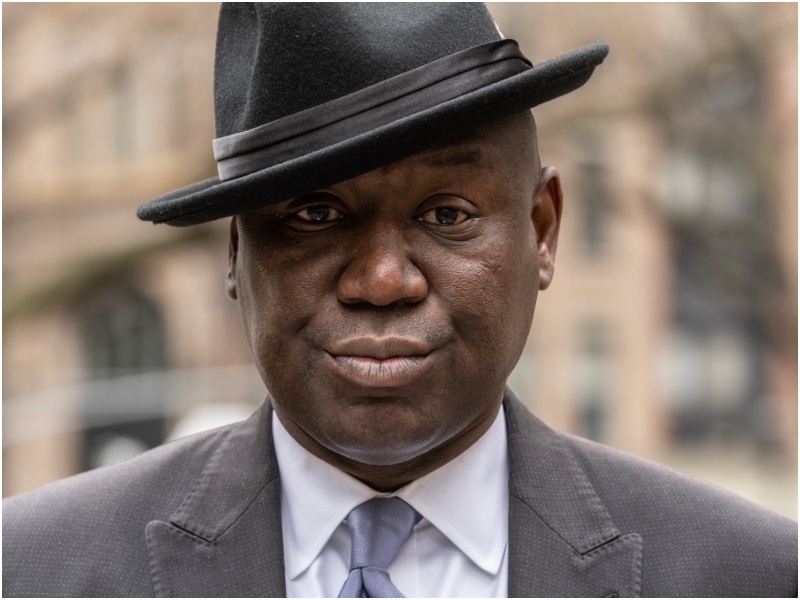Civil rights attorney Ben Crump is preparing to challenge major recording companies and publishing entities in a groundbreaking legal battle that aims to address how streaming royalties are calculated for heritage artists.
Heritage artists, a term coined by Billboard, are defined as acts with at least 10 albums or 20 years of experience in the industry.
Crump’s initiative is a response to allegations from R&B artists who claim discrimination and unfair compensation within the music industry.
In an interview with The Times UK, Crump emphasized that this issue goes beyond race, stating that record companies oppress artists regardless of their race. Many artists, particularly Black and Brown heritage artists, have signed contracts that do not adequately compensate them for streaming revenue.
It is important to note that this distribution model did not exist when many of these contracts were signed.
Labels often apply outdated CD royalty rates and deductions to digital income, resulting in minimal streaming revenue for artists.
Additionally, some contracts differentiate between sales and licensing income, offering higher rates for the latter. However, labels exploit loopholes in copyright laws to justify lower streaming rates, further disadvantaging artists.
Crump argues that this systemic injustice violates civil rights and has a global impact on artists.
Grammy-winning producer Nile Rodgers shares these sentiments, noting that the issue lies with record companies rather than streaming services.
Anne Andrews, one of Crump’s associates, said there is a lack of transparency in royalty payments and stresses the need to directly engage with record companies to address this issue.
Crump’s initiative represents a significant step towards achieving fair compensation for heritage artists and rectifying long-standing inequalities within the music industry.

